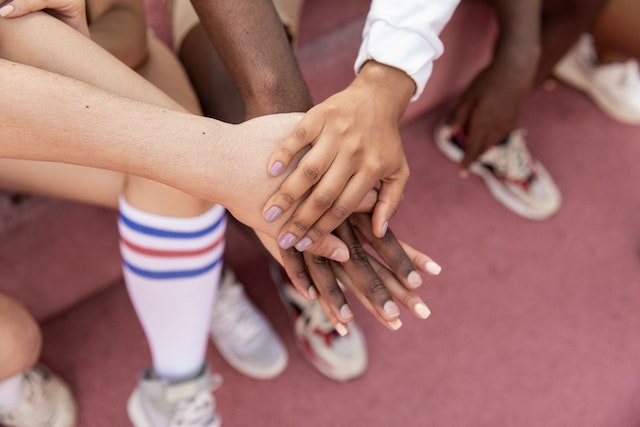
By Yamila García
I recently heard someone say that the brain is a social organ. Just as other organs have more visible and easily identifiable physical needs, the brain needs to establish human connections in order to function properly. When, as social beings, we fail to engage in the social interactions that society seems to promote, our brains suffer the consequences.
Being neurodivergent makes it much harder to connect with others. If people are not used to interacting with individuals who are different from them, they tend to give up on their interactions with neurodivergent individuals. Many people may even think that we do not want to interact with them. However, that is far from the reality for many neurodivergent people. A lot of us simply struggle with initiating spontaneous conversations, understanding what is appropriate to say in certain situations, and grasping idioms and slang.
My journey of learning how to interact with people was not easy. There were many times when I wanted to give up. I felt like I just wasn’t cut out for it and that I shouldn’t even try. However, I always recognized the importance of human connections and understood that my comfort zone was not compatible with the growth and development I desired for my life. Connecting with others is one of the most challenging skills I had to learn and continue to learn. English is not my first language, and when I moved from my home country, it felt like I was starting from scratch and that all the progress I made in my native language was useless in this new language. It truly felt like starting over. However, I’ve always been aware that communication and interpersonal relationships are essential for life in society.
My experiences have shown me that friends, peers, and family give meaning and direction to life. They have been my primary support in some situations and my greatest motivation in others. Being part of a community, whether through volunteering, friendship, or family ties, fulfills not only the needs of the brain but also the needs of the heart in non-medical terms. Never isolate yourself. I know it’s not easy sometimes, especially when you feel different and no one seems to understand you. But there is always someone who will understand you. Seek out your community, your support group. Do not disconnect from the world because there will always be others who feel the same way you do.